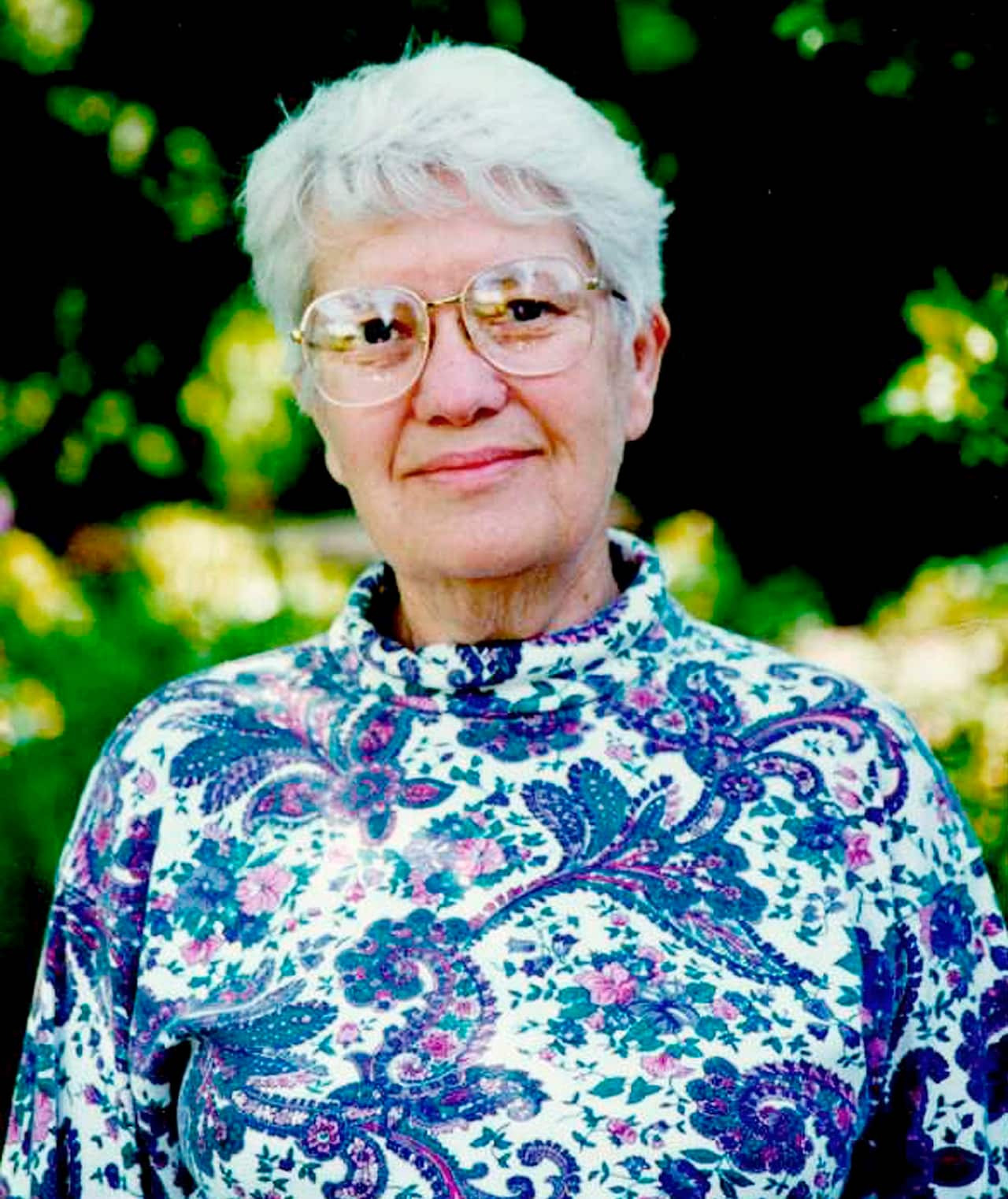Pioneering astronomer Vera Rubin has been remembered for her perseverance and intelligence, with many questioning why she never received a Nobel Prize for her work.
Dr Rubin died of natural causes on Sunday, aged 88.
She was the only astronomy major to graduate from Vassar College in New York in 1948. When she was told women weren't allowed to enrol in Princeton's graduate astronomy program, she earned a master's degree from Cornell University instead.
It was during the 1970s at the Carnegie Institution working as a researcher in Washington that she made her biggest discovery yet: that galaxies didn't quite rotate in the way they were predicted to.

Vera Rubin teamed up with Kent Ford and studied more than 60 galaxies, finding all seemed to be violating the law of gravity - the core principal of physics. The stars at the edges of the galaxies were moving just as fast as those in the centre.
So-called 'dark matter' had existed as a concept since the 1930s, but Vera Rubin’s work provided the first solid evidence of it.
“[Dr Rubin] was one of the handful of people who really brought [black matter] to the forefront and she made sure that everyone in the world (would) know about this as a fundamental problem,” Nobel laureate astronomer, Professor Brian Schmidt told SBS.
“She was also a pioneer for women in astronomy.”
Dr Rubin was elected to the National Academy of Sciences and was awarded the National Medal of Science.
She has been remembered as a trailblazer and an inspiration to women in astronomy, but missed out on a Nobel Prize for her work.
Theoretical astrophysicist specialising in dark matter at the University of Melbourne, Dr Katie Mack, told SBS Dr Rubin’s influence can’t be underestimated.
“I think that everybody in my field really does acknowledge that her work was tremendously important, tremendously significant and should have been awarded the Prize,” Dr Mack said.
Only two women have been awarded the Nobel Prize for physics.
“It’s clear that women are still not being acknowledged for their contributions to the physical sciences,” Dr Mack said.
“Looking at someone like Vera Rubin whose influence and impact was so fundamental, it really is striking that she didn’t get that recognition she deserved. She really should have had that Prize.”
Astronomer at the Research School of Astronomy and Astrophysics at the Australian National University, Brian Schmidt, considered Dr Rubin a mentor and worked with her many times.
He told SBS she has left a strong legacy for women in science.
“I actually think that we have a huge range of young women coming through the system right now, whereas from [Vera’s] generation it was just a handful,” Professor Schmidt told SBS.
“Our problem is not with young women coming through it is keeping women in the system.
"Vera is someone who persevered and achieved great things.”

